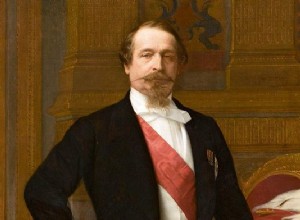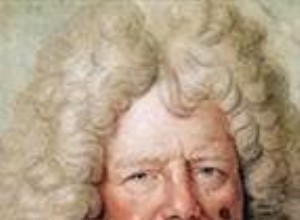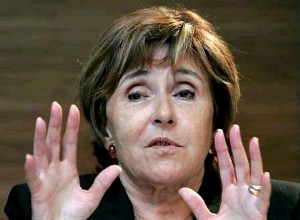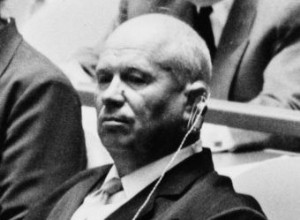Nephew of Napoleon Ist , son of Louis Bonaparte, he was the first President of the French Republic, elected on December 10, 1848 by universal male suffrage with 74.2% of the vote, before becoming Emperor of the French from December 2, 1852 to September 4, 1870 under the name of Napoleon III. He gre




